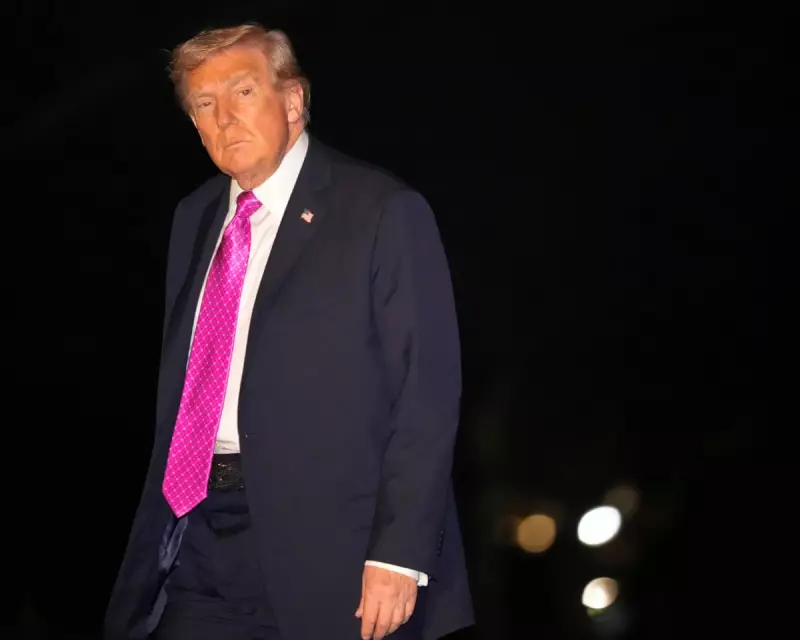
A controversial immigration move by former US President Donald Trump has been blamed for triggering a severe crackdown on foreign workers in South Korea, culminating in the arrest of over 1,700 individuals.
The upheaval began after a video of Trump, speaking at a rally last month, went viral in South Korea. In the clip, he declared the US was "full" and told migrants to "go to South Korea" instead, a comment he later stated was made "in jest".
Policy Shift Sparks Panic and Crackdown
However, the remark coincided with a official White House directive, signed by Trump, which instructed officials to "welcome and process" applications from foreign workers, particularly for the H-2A seasonal agricultural visa. This policy shift was widely reported in South Korean media, creating a perception that the US was actively encouraging an influx of workers.
South Korean authorities, alarmed by this potential wave of migration and the existing number of undocumented workers within its borders, launched a major enforcement operation. The month-long crackdown targeted businesses known to employ illegal labour, leading to the mass arrests.
Industries Left Reeling
The sudden enforcement has thrown key industries into chaos. Sectors like agriculture, manufacturing, and hospitality, which heavily rely on foreign labour, are facing severe disruptions and potential financial losses. One farming association reported that members are "in a state of panic" over the prospect of crops rotting without enough workers to harvest them.
The situation has also created a climate of fear amongst the migrant community in South Korea, with many workers going into hiding to avoid detention and deportation.
Diplomatic Tensions and Fallout
The incident has sparked a complex diplomatic situation. Analysts suggest the South Korean government felt compelled to act to preempt a potential immigration crisis and to demonstrate control over its borders. The crackdown is also seen as an effort to appease domestic concerns about job competition and illegal immigration.
Critics have placed the blame squarely on the Trump administration for making off-the-cuff remarks that have tangible and severe international consequences. This event highlights how US domestic policy and rhetoric can inadvertently create ripple effects across the global landscape, impacting economies and lives thousands of miles away.





